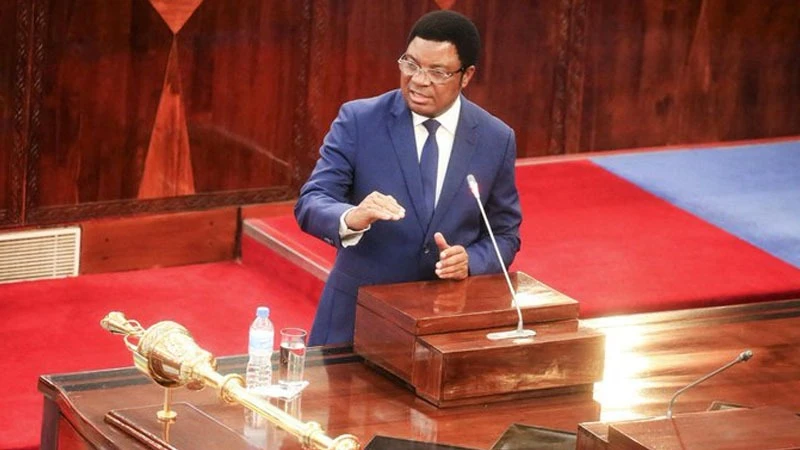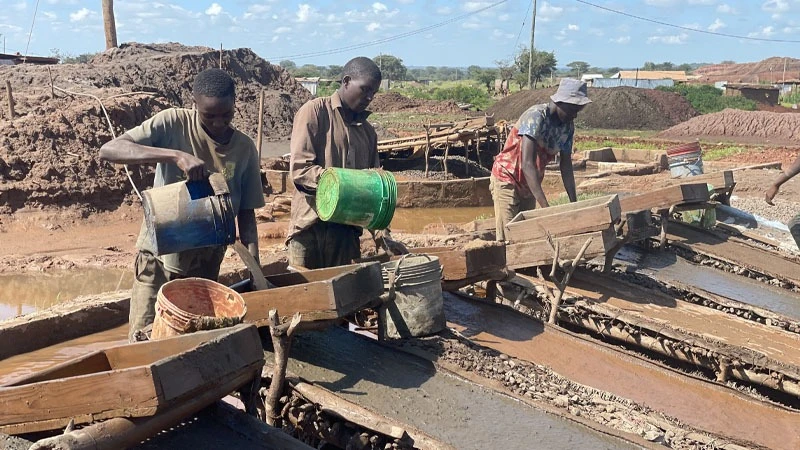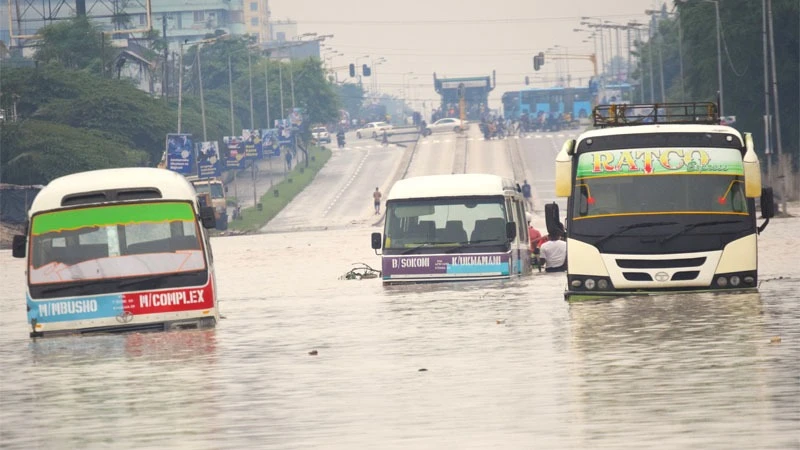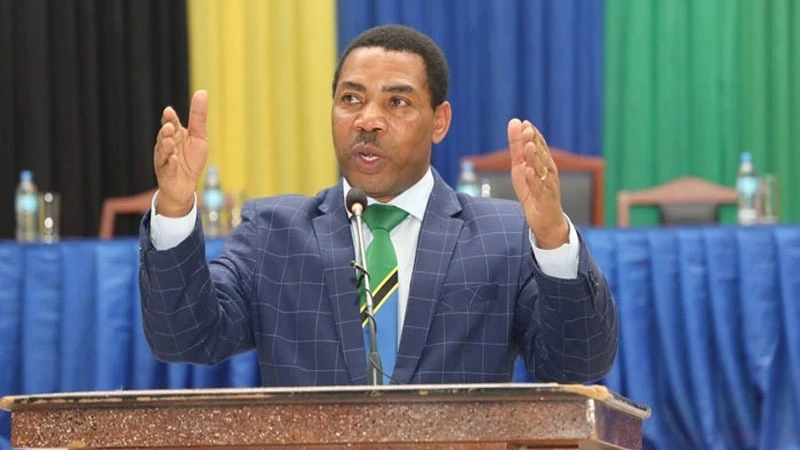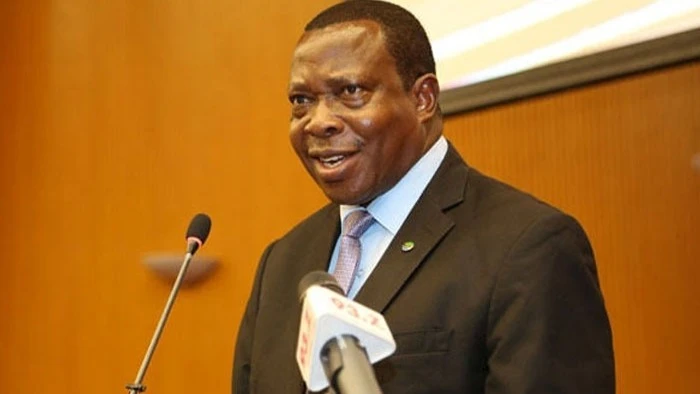Let’s wait and see how far Denmark’s new cooperation policy could better things here
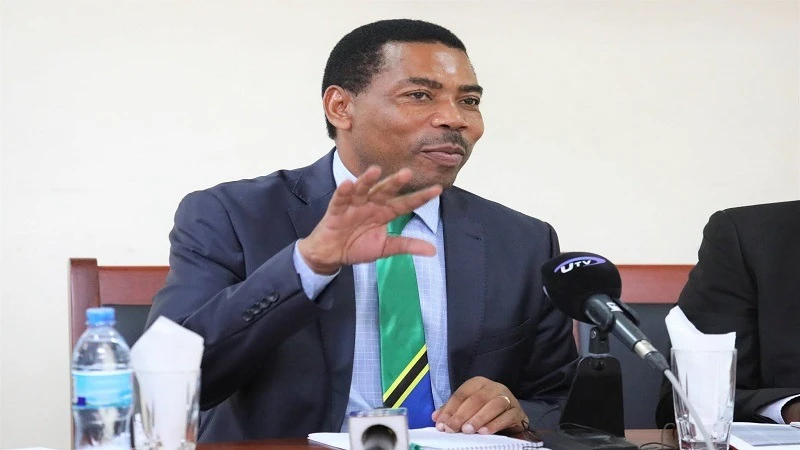
INTERNATIONAL cooperation and development initiatives are being heard from time to time from various countries, with trade and investment reciprocity, or the easing of conditions, at issue.
Denmark is the latest to express such intentions, and our government has expressed readiness to exercise cooperation less on the basis chiefly of aid agencies and more significantly involving incorporating the private sector.
This will come as a relief to the reform-minded school around President Samia Suluhu Hassan, as sections are not that keen about the opening up of the state sector.
The readiness was expressed during a meeting of our Treasury and the Danish minister for Development Cooperation and Global Climate Policy.
The host Finance minister made remarks reminiscent of fresh project outlooks, including that Tanzania offers excellent investment opportunities across a range of industries – that is, sectors.
He also noted that Danish businesses, associations and institutions could gainfully work with the Tanzanian private sector including by jointly investing in technology for mutual benefit.
The minister reaffirmed the dictum that the government places a strong emphasis on ensuring that the private sector drives the nation’s economy.
Electricity pricing is, interestingly, one of the highest available while little thrust into renewable energy is visible. This underlines the need to ensure that cooperation raises strategic issues of this sort more seriously.
The minister cited sectors calling for greater private sector participation, among them agriculture, energy and the operation of the Standard Gauge Railway (SGR).
Just what sort of involvement is envisaged is not very clear. However, since the idea is participation rather than opening up, it may fall far short of share opening to make the sectors run on a viable business framework.
Trouble is that we have plenty of confidence in state-run businesses, taking parallels with advanced countries of various sorts, whereas the nature of our land holding at times impedes capital formation that could permit wider industrial expansion, vibrant services, etc.
There is a persistent feeling that what we usually wish to refer to as donor countries start asking some hard questions on our readiness for reform.
It is possible that Denmark’s foreign policy designers and researchers don’t see the possibility of achieving much that is viable in the next decade or so, given the stagnation after nearly 40 years of staid reforms.
Just for the record, much of Asia used half of that time to spur industrial and service sector modernity.
Hearing that Denmark intends to allocate funds to specific areas or spheres in Tanzania that boost economic growth, including energy, tax laws, agriculture, health, education and the private sector isn’t remarkably different from what we have always witnessed.
It is a matter of ‘adding capacity’ to what is already being done, or until population growth, climate change lead to unemployment pressures where traditional modes fail to hold, as in vast parts of Africa until now.
It remains uncertain to what extent there will be jobs for genuine university graduates or if there will be a magic wand with respect to the ever-swelling mass of unemployed holders of vocational or technical training certificates.
Top Headlines
© 2024 IPPMEDIA.COM. ALL RIGHTS RESERVED






